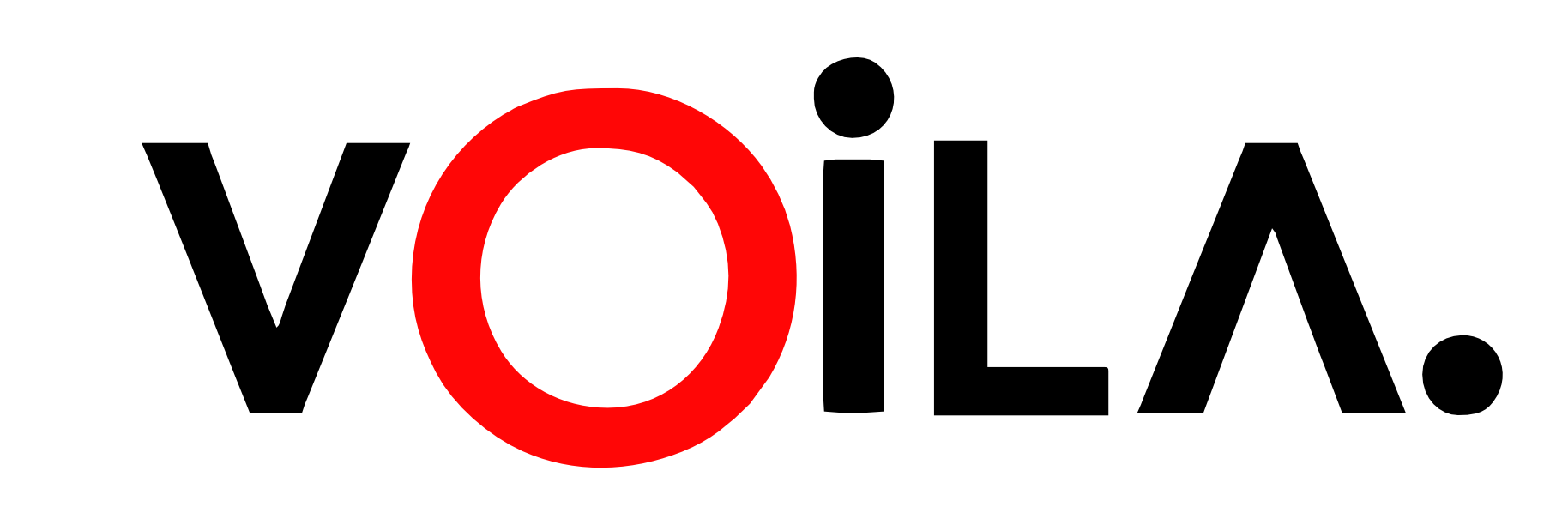ARTICLE AD BOX

President, ATCON, Tony Emoekpere
The President of the Association of Telecommunications Companies of Nigeria, Tony Emoekpere, on Thursday dismissed reports suggesting telecom operators are set to implement region-based pricing, insisting that tariff determination in the sector remains strictly regulated.
This clarification comes amid growing speculation that telcos were preparing to abandon the nationwide uniform tariff regime in favour of a model that reflects regional cost variations.
The proposed structure would have allowed telecom providers to set higher prices in states where they face steep taxes, levies, and operational challenges, and lower prices in more business-friendly locations.
However, the telecom executive clarified that while such discussions had surfaced informally in a forum he attended as a possible solution to the industry’s financial stress, the move is not feasible under the current regulatory framework.
“There was a forum we had where I suggested it could be like an incentive because the costs of operations in some states are more expensive than others,” Emoekpere told The PUNCH.
“There are states that are more formally structured for the telcos to operate; some are difficult. Some states charge so much in tax, permits, and the rest, making it difficult. But some states are more conducive.
“If the tariff is reflective of the environment, won’t that be better for the telcos? That was just the idea. It’s not really cool to be charging the same amount.”
Despite these views, Emoekpere stressed that such a shift is not currently viable. “But it’s not really possible, to be honest, due to regulations. It’s going to be difficult. Tariff is based on regulation,” he added.
The Nigerian Communications Commission, the industry regulator, recently approved a 50 per cent tariff increase for telecommunications services, a decision that sparked significant controversy and public backlash.
The adjustment, announced in January 2025, marked the first major hike in over a decade, with the NCC arguing that the increase was necessary to sustain the industry, which had operated under static pricing since 2013.
It cited mounting pressures from inflation, currency devaluation, and the surging cost of diesel—used to power base stations—as justification for the move.
Operators are expected to use the additional revenue from the tariff for infrastructure development, including better connectivity and customer service

 2 months ago
31
2 months ago
31








 English (US) ·
English (US) ·